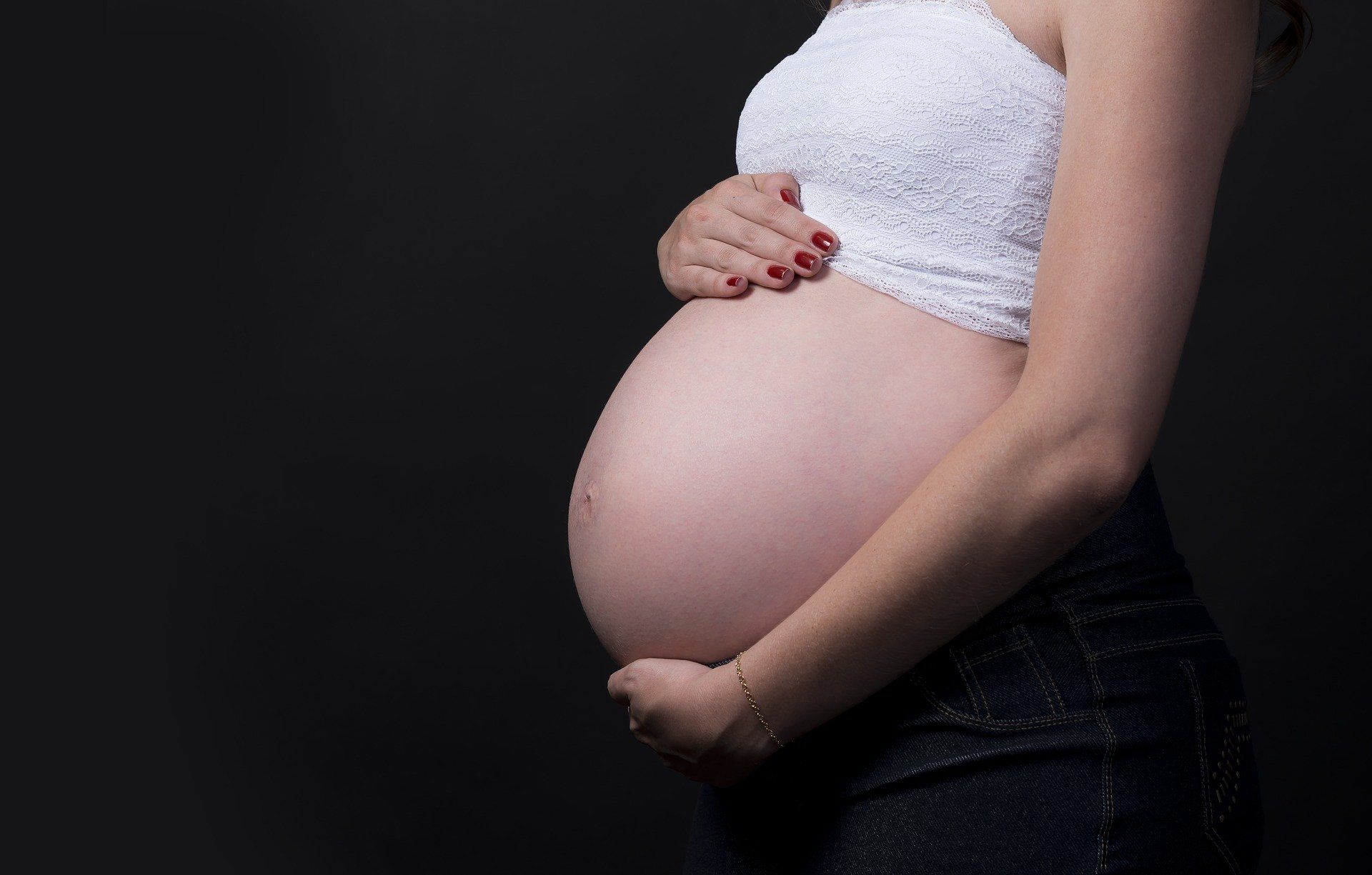A recent eOpinion survey carried out for DR shows that 48 percent of Danes believe the abortion limit should not be raised. Less than a third believe that it should.
The abortion debate had long lain dormant in Denmark, and no change had been made to the 12-week limit since abortion was legalised 50 years ago.
Last year, however, the Roe vs Wade ruling that secured women’s right to abortion was overturned in the US. This reignited public and political discourse on the matter, particularly after Venstre and Enhedslisten raised the topic in Jyllands-Posten last August.
Several of Denmark’s neighbouring countries have far higher abortion limits. Sweden has a limit of 18 weeks, for example. That said, most European countries have opted to set their limits at 12 weeks.
Parties unaligned
Last year, Venstre and Enhedslisten called on the Ethics Council to reassess the legislation on abortion. The council has since stated it will release a recommendation on the abortion limit this summer.
Danmarksdemokraterne is clear it does not want the limit changed. Most other parties are, as yet, undecided.
Amongst those waiting for the Ethics Council’s recommendation are the three parties that make up the government coalition: Venstre, Moderaterne and Socialdemokratiet.
So why change the limit?
Enhedslisten’s equality advisor, Rosa Lund, who is campaigning for a higher abortion limit, have given several reasons supporting her stance.
One of these is how a nuchal translucency scan – a test that can pick up chromosomal abnormalities in a foetus – can only be done from the 12th week of pregnancy.
Lund’s opinions are echoed by organisations such as Sex and Society, the Danish Women’s Society and the Danish Society for Obstetrics.
Jens Henrik Thulesen Dahl, the health spokesperson for Danmarksdemokraterne, disagrees.
“There must be time to discover that you are pregnant, and you must have time to consider,” said Dahl. “But on the other hand, it must also be done as early as possible in the child’s development. The rules we have today are sensibly balanced in relation to the ethical dilemmas involved.”
A bigger picture
What happens if a woman exceeds the limit, but still wants an abortion?
As reported here in CPH POST, an abortion council made up of a case-worker, a psychiatrist and a gynaecologist rules on whether she can or cannot abort.
Last year just 53 out of 803 applications for late abortion were rejected.













